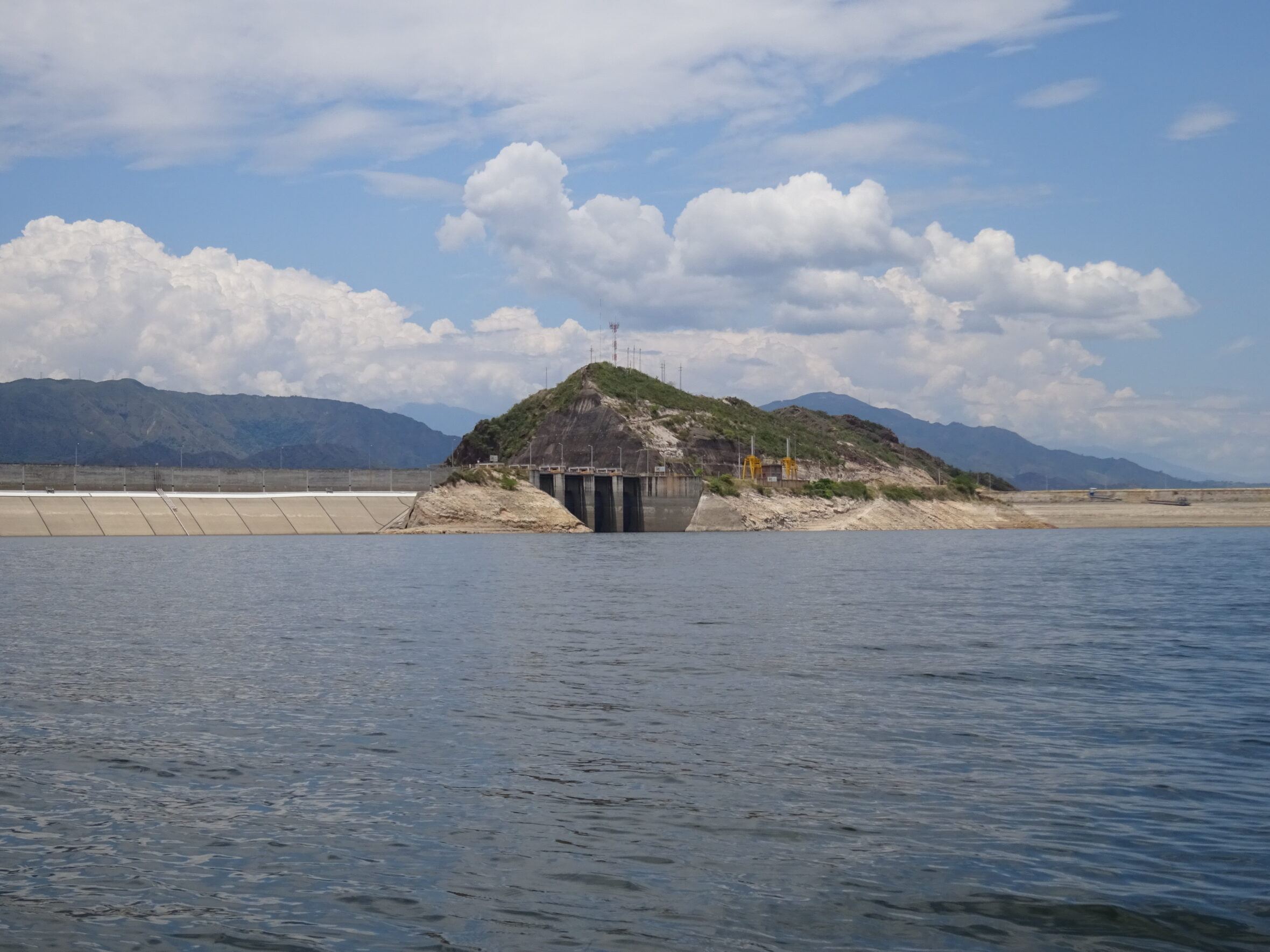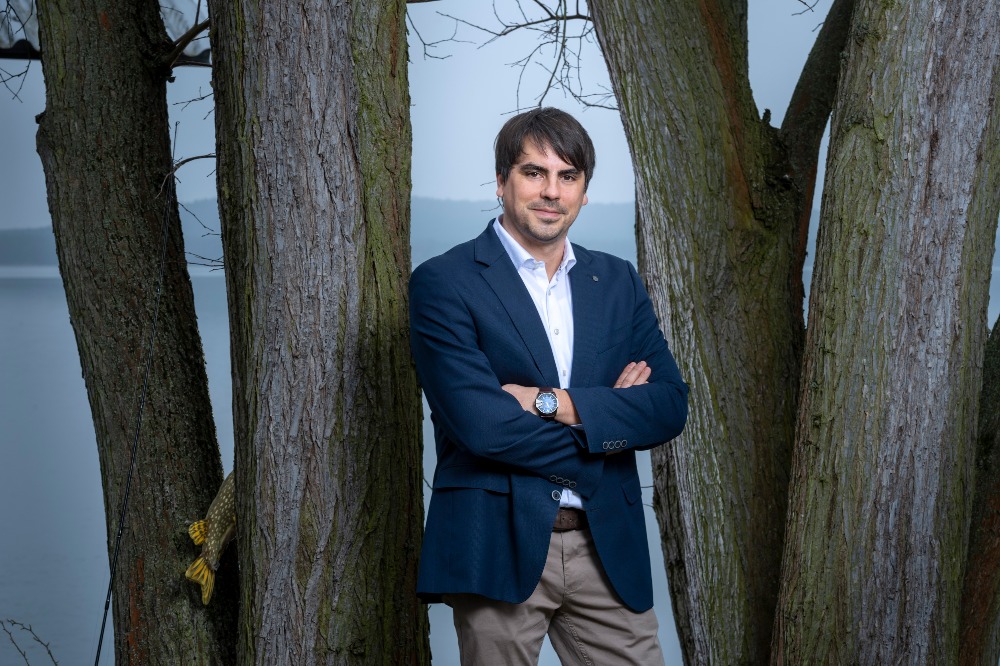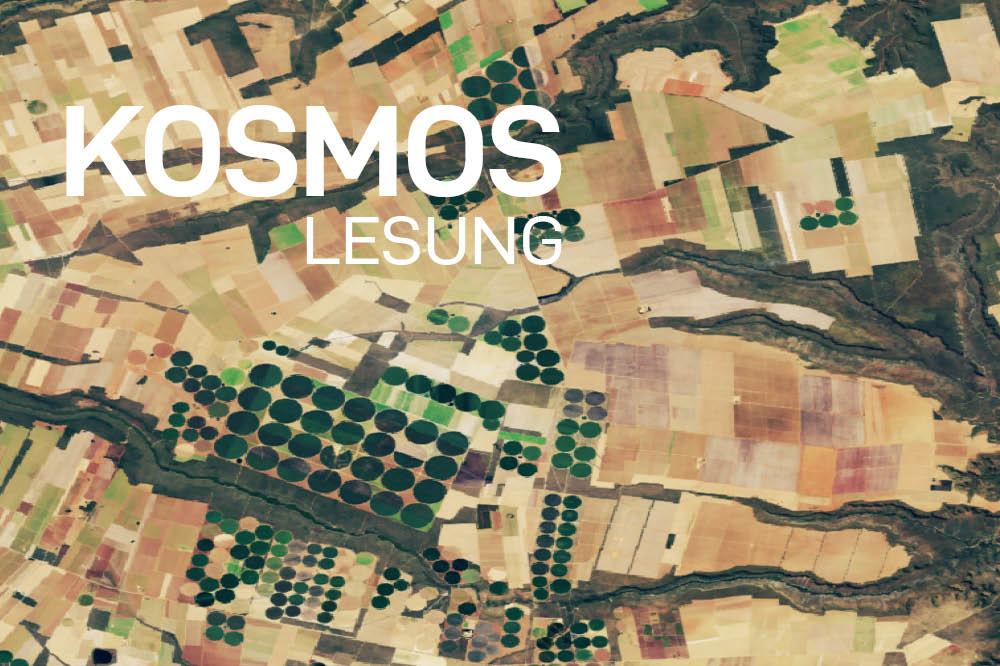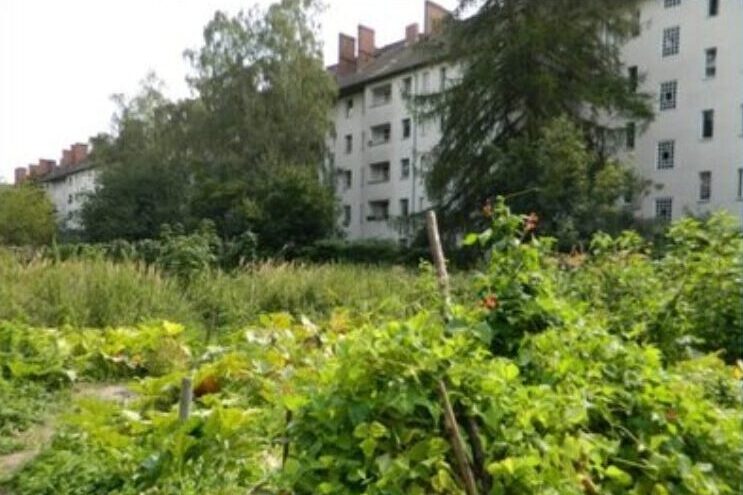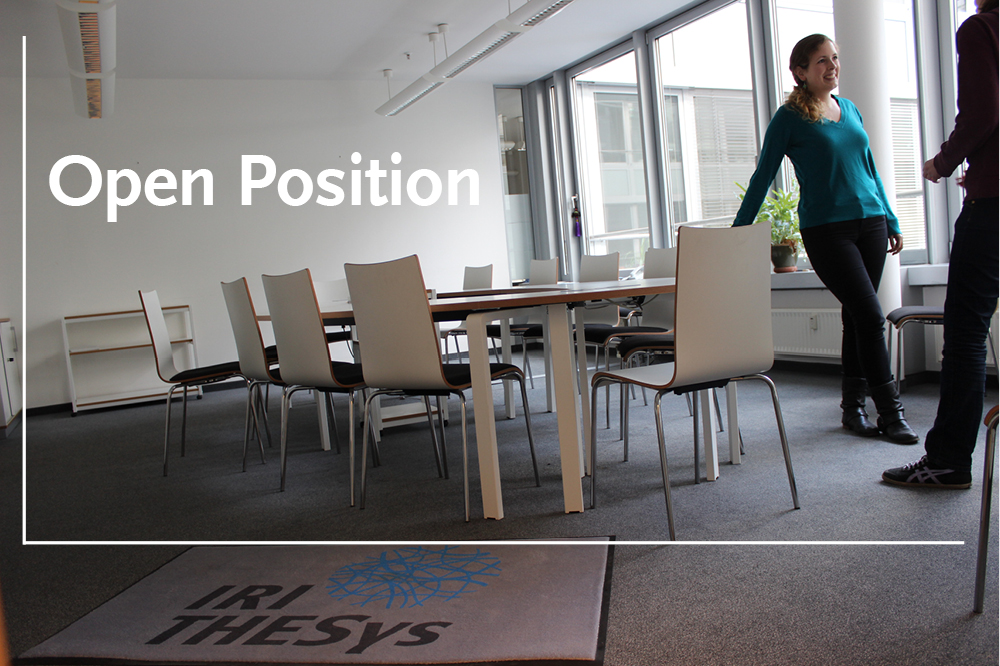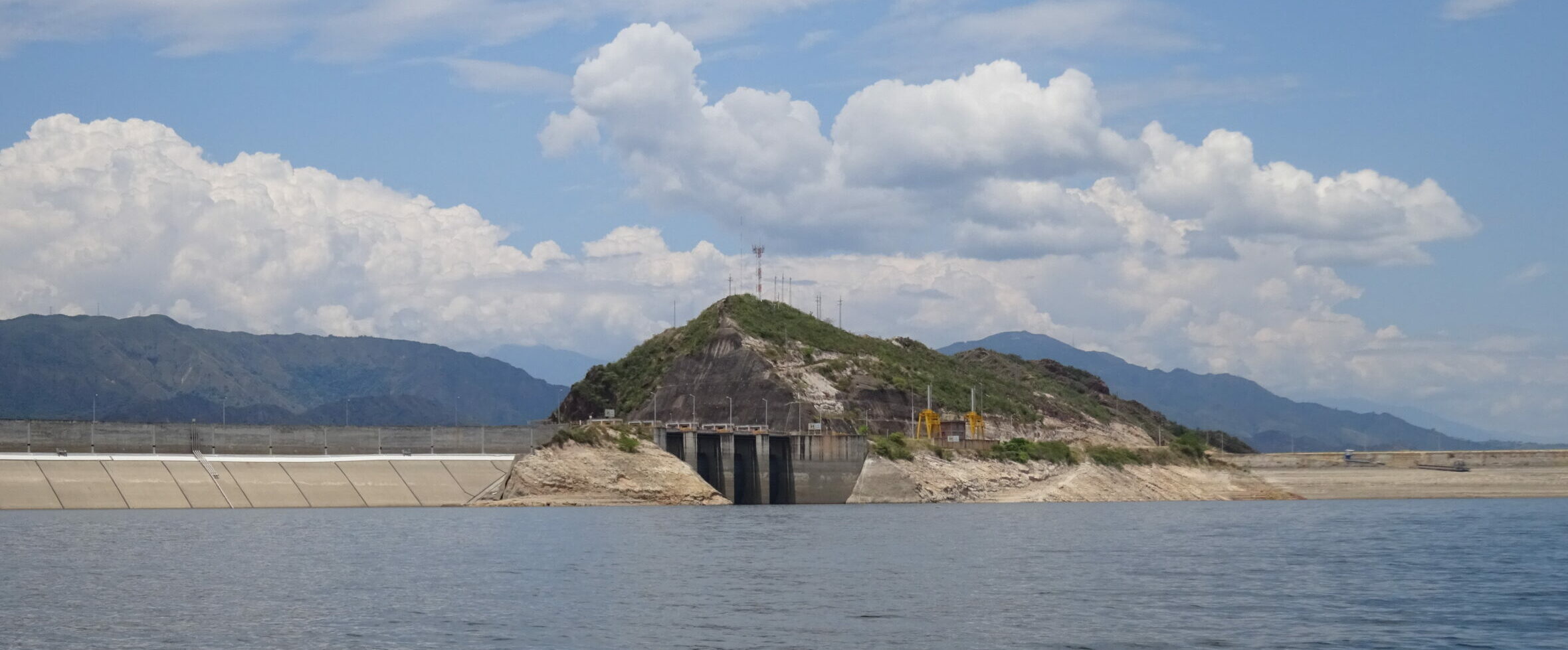
In March, the research team of the Water security for Whom? project spent two weeks in Colombia for the first in-person project workshop. A press release about their research has now been published.
Who loses, who wins? The pros and cons of mega-dams
“Colombian mega-dams are creating a new hydro-social reality,” says Prof. Tobias Krüger, Co-Director of IRI THESys and Principal Investigator in the Water security for Whom? research project. “The question that constantly accompanies us is: who loses, who wins from the construction and operation of such dams,” adds Dr. Rossella Alba, who is the scientific coordinator of the project together with Krüger.
Water security for Whom? investigates in/equalities around multipurpose reservoirs in Colombia. For this it brings together an interdisciplinary team of researchers from IRI THESys, the Pontificia Universidad Javeriana and the Universidade Federal de Minas Gerais.
In March, the team spent two weeks in Colombia and visited the Betania-El Quimbo dams and reservoirs, two case studies in the project. The team could learn about how the dams are changing local social, economic and ecological relations. The reservoirs are used for intensive aquaculture industry. On the one hand, fish production for the export market creates jobs, but not for everyone. At the same time, it affects the water quality and thus the individual fishing of the local population. For the researchers it became clear that the advantages and disadvantages of such mega-dams are not always so easy to evaluate.
More information
The press release is available on HU’s website
Learn more about Water for Whom here
The project is funded by the Volkswagen Foundation as part of the initiative “Global Issues – Integrating Different Perspectives on Social Inequality”.
Photo by Tobias Krüger



